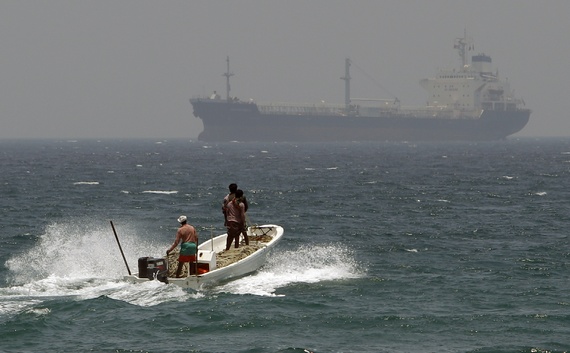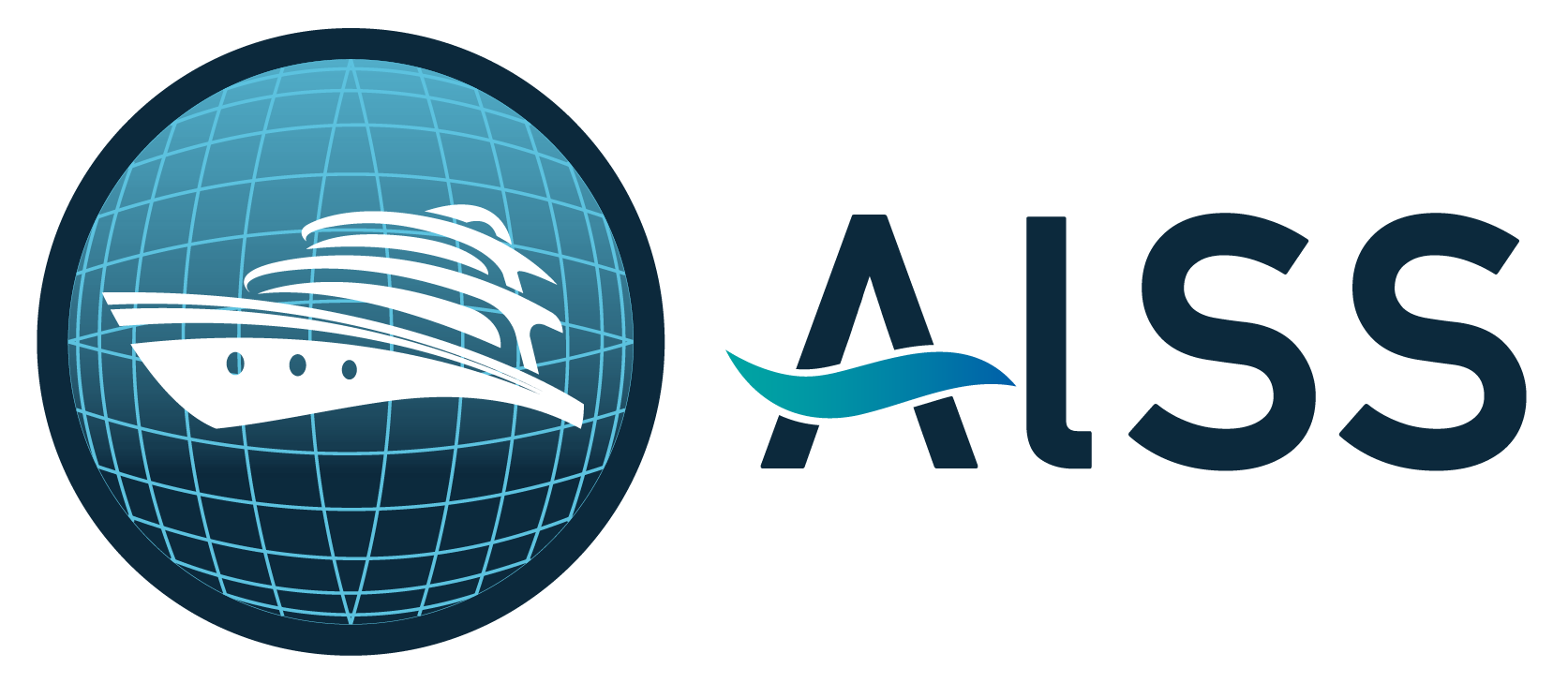 Low crude oil and marine fuel prices, along with stricter law enforcement by regional maritime agencies, has reduced incidents of piracy in Southeast Asian waters, industry sources said over the past few weeks.
Low crude oil and marine fuel prices, along with stricter law enforcement by regional maritime agencies, has reduced incidents of piracy in Southeast Asian waters, industry sources said over the past few weeks.
Between August 23, 2015 and August 23, 2016 there were just four vessel hijackings in Southeast Asia, two of which targeted oil tankers, compared to 22 hijackings (15 oil tankers) during the same period in 2014-2015, according to data from Protection Group International, a risk management organization that provides onshore and maritime security data to governments and corporations globally.
“Siphoning and theft of oil has gone down because the financial reward from reselling stolen oil is much lower now and is acting as a disincentive for some,” Tom Bacon, Director PGI said.
Global oil prices have plummeted by about 50% from August 2014 to August 2016. Front-month November ICE Brent crude futures were at $48.78/b at 4:30 pm Singapore time (0830 GMT) Thursday.
The price of marine fuels has seen a similar decline. Singapore delivered 380 CST bunker fuel fell 58% over August 2014 to August 2016, and was assessed at $260/mt Thursday, S&P Global Platts data showed.
OTHER FACTORS
A number of crime rings involved in repeated marine crimes have also been arrested and weeded out of the system, Bacon said.
And there has also been better patrolling of the Straits of Malacca by countries such as Indonesia and Malaysia, according to Masafumi Kuroki, executive director of international piracy watchdog ReCAAP.
For example in May, armed pirates hijacked a Cook Islands-flagged oil tanker underway from Singapore to Sunda Straits, around 21 nautical mile south of Pulau Serutu, Indonesia, and took the crew hostage.
The Indonesian navy subsequently dispatched patrol boats, intercepted the tanker, and rescued the crew.
The same month, Indonesia, Malaysia and the Philippines agreed to jointly patrol the Sulu and Celebes Seas, following a number of kidnappings by Abu Sayyaf militants in the waters off the southern Philippines, near where the maritime borders of the three countries meet.
More stable geopolitical conditions in Southeast Asia compared to some other regions such as the Gulf of Guinea, have also contributed to lower piracy related incidents, sources said.
Piracy is a persistent problem in the Gulf of Guinea due to Nigerian unrest, according to Tim Wilkins, regional Asia manager for big global shipping group International Association of Independent Tanker Owners, or Intertanko.
Some of these pirates are more aggressive in use of firepower, quickly deploying semi-automatic weapons in a well-coordinated manner, Wilkins said.
NATURE OF PIRACY CHANGES
With cargo theft less lucrative, pirates’ modus operandi is changing to abduction of seafarers for ransom, according to ReCAAP’s Kuroki.
Between March and July this year there have been six incidents related to abduction of crew across eastern Sabah, according to ReCAAP data. Of a total of 33 crew members abducted, 15 are still being held hostage.
Some internal disputes aboard a ship can be confused with piracy, and more accurate reporting is required to delineate the two, Bacon said.
The Vier Harmoni, which was carrying 900,000 litres of diesel oil, disappeared from the Tanjung Pelepas port in Malaysia but it sailed back to Indonesia.
This incident, initially thought to be a hijacking, was later dismissed as an act of piracy after the ship was thought to be taken by its own crew due to a dispute with the ship owner, Bacon said.
SAFEGUARDS
“The overall situation of piracy and armed robbery against ships in Asia continued to improve in August 2016 with no incident of abduction of crew and no incident of hijacking of ship for theft of oil cargo,” ReCAAP said in its latest August monthly report.
Still, more needs to be done to prevent the recurrence of incidents of abduction of crew and hijacking of ships for theft of oil cargo, it said.
Concerted coordination among the various law enforcement agencies, increased communication with the ship owners, use of more security on board ships as well as rerouting of ships to avoid more crime prone areas, could bring about a sustained decline in piracy episodes, shipping sources said.
“Additional watchmen on deck and bridge, engine room manned and standby, fire hoses rigged along the shipside, all accesses locked and secured, barbed wires along the shipside periphery,” are some of the preventive measures that the crew implement, a former ship captain, who is now part of a brokerage firm in Singapore, said.
Another measure includes setting up protected anchorages, Intertanko’s London-based Marine Director, Phillip Belcher said.
He cited the example of the Gulf of Guinea, where at least two or three protected anchorages have been set up close to the ports to provide ships with security by private armed personnel.
“During delays at ports, ships will stay within these anchorages and will nip in quickly into their berths at the stipulated time,” he said.
Source: Platts
